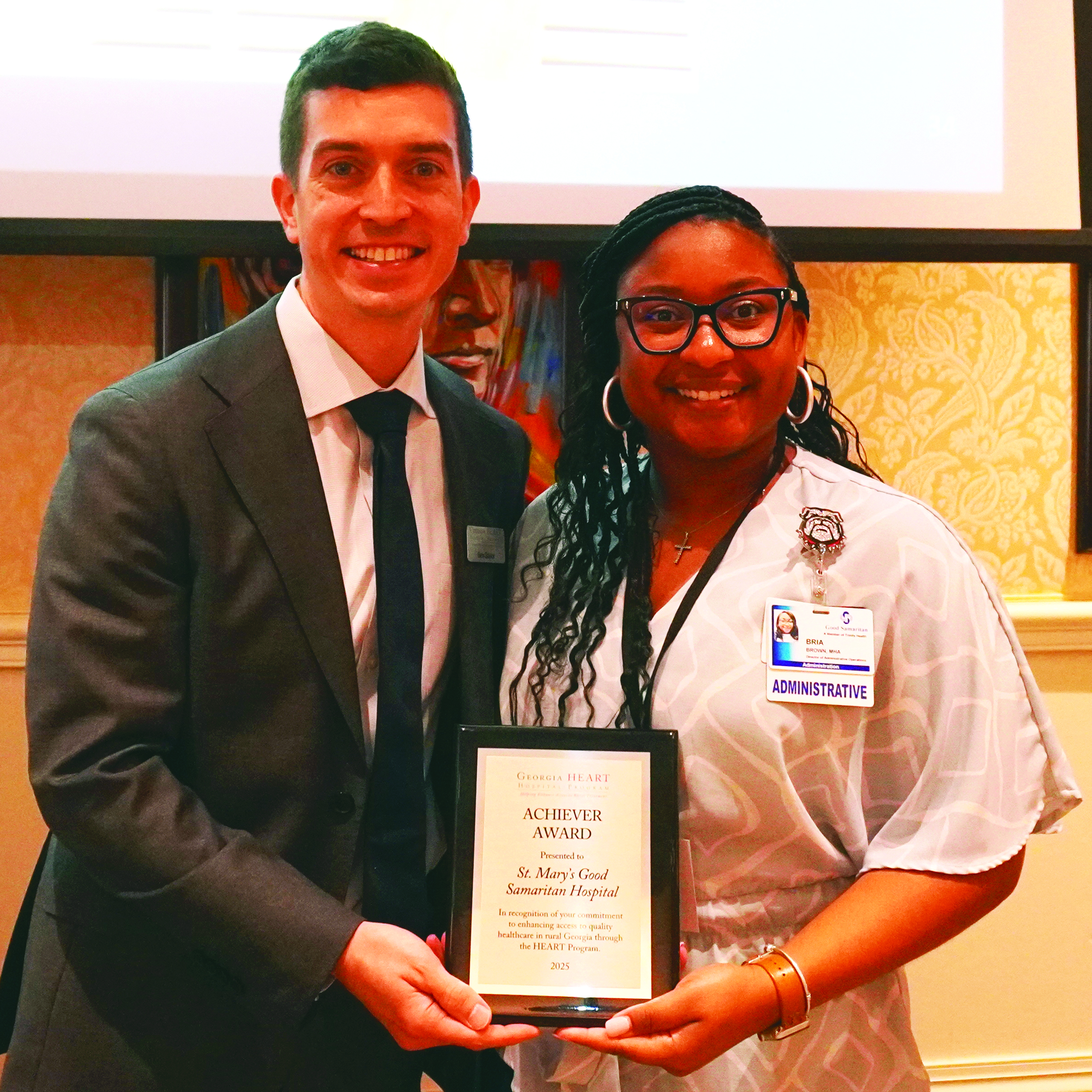Largemouth bass mortality – Part 2
Published 11:49 am Wednesday, May 30, 2018
Last week, I discussed some of the reasons for largemouth bass mortality including natural mortality that can result from age, water quality and overpopulation. Delayed mortality can come from the practice of recreational catch and release and from the practice of live release after competitive fishing tournaments.
The major emphasis of today’s article is delayed mortality coming after competitive fishing tournaments. Delayed mortality occurs after a fish has been released alive back into a body of water and then dies.
Most fishing tournaments practice live release after the conclusion of fishing tournaments and penalize anglers if they bring a dead bass to the weigh scales. However, many of those fish that were alive, weighed, and then released will not survive for several reasons.
Numerous studies have been completed over the last 20 years and many did not reach the conclusion that fishing tournaments damaged populations of largemouth bass from delayed mortality. Some of those studies recommended actions that could be taken by tournament directors and anglers to decrease delayed mortality.
No one wanted to go on record to say that fishing tournaments resulted in delayed mortality in largemouth bass after live release. Fishing tournaments are important to many local economies where lakes are located and where fishing tournaments are held. A single fishing tournament can bring a serious monetary impact to local economies.
Many of those early studies made recommendations on actions that could be taken to improve delayed mortality at fishing tournaments. One study in 2011 looked at delayed mortality at 130 fishing tournaments held between 1972 and 1996. That early study indicated that delayed bass mortality was 10.4 percent in the 1970s, 20.9 percent in the 1980s and 23.3 percent in the 1990s in those 130 fishing tournaments.
That study reached the same conclusions as previous studies that some tournament/angler actions could improve bass delayed mortality. Those actions were disregarded or ineffective in reducing mortality at fishing tournaments. That study also concluded that a substantial portion of delayed mortality at fishing tournaments resulted from hooking, playing and landing of the largemouth bass.
We now know from more recent studies that delayed mortality at fishing tournaments can occur from other factors like being held in a livewell for hours during the fishing tournaments before bringing the fish to the weigh scales. Also, the angler handles the fish several times after being caught. In most cases, the angler removes the fish from the hook once it is caught and then in many cases measures the bass or compares that fish with other fish in the livewell.
In addition, the bass are handled multiple times at the conclusion of most tournaments. The fish are removed from livewells by anglers and placed in bags, which are then brought to the weigh scales, weighed and then released in most cases at the tournament site. Some tournaments immediately release the fish back into the lake while others utilize aerated holding tanks before release.
Some more recent studies concluded that delayed mortality could, in fact, result in many largemouth bass after fishing tournaments. One recent study looking at delayed mortality is awaiting public release. That comprehensive study was completed in 2017 at Mississippi State University and had the support of B.A.S.S. Conservation, U.S Geological Survey, dozens of biologists and ten state agencies from Texas to Michigan.
The study used pristine water conditions, the largemouth bass were in excellent health and an attempt was made to mimic tournament conditions. The study should be released in the coming weeks but a summary of the study was provided by one of the study authors, Harold Schramm at the recent 2018 Bassmaster Classic held at Lake Hartwell. In addressing the audience, Schramm concluded quite bluntly that fishing tournaments do kill largemouth bass. He indicated several factors determined delayed mortality in largemouth bass at fishing tournaments.
The fish used in the study were caught and placed in livewells with various water temperatures and conditions. Delayed mortality was practically eliminated in cool water conditions that were tested. Water temperatures at 84-degrees or below indicated 100% survival for those fish that were caught, placed in livewells and then released. That 84-degree water temperature is the desired water temperature for largemouth bass.
Once the water temperature passed 84-degrees survival dropped off. When water temperatures reached 91-degrees with three parts per million of oxygen the study indicated that 75 percent of the fish would die instantly and 100 percent of the other fish would eventually die.
The amount of time it takes to land the fish, the amount of time the fish is kept in livewells and the amount of time the fish are handled at the weigh scales all factor into how many fish will die from delayed mortality. The study concluded that low oxygen levels and high water temperatures resulted in higher delayed mortality.
Hopefully, the study will be used by tournament directors to take actions to address the causes of delayed mortality at fishing tournaments. One conclusion I drew from the study summary is that fishing tournaments held in hot weather will almost certainly result in delayed mortality for some largemouth bass regardless of any actions taken by tournament directors and anglers.
This article was not meant to condemn fishing tournaments but to increase awareness of delayed mortality in largemouth bass so that actions can be taken to protect this valuable resource in Lake Sinclair and Lake Oconee. See you next week.



